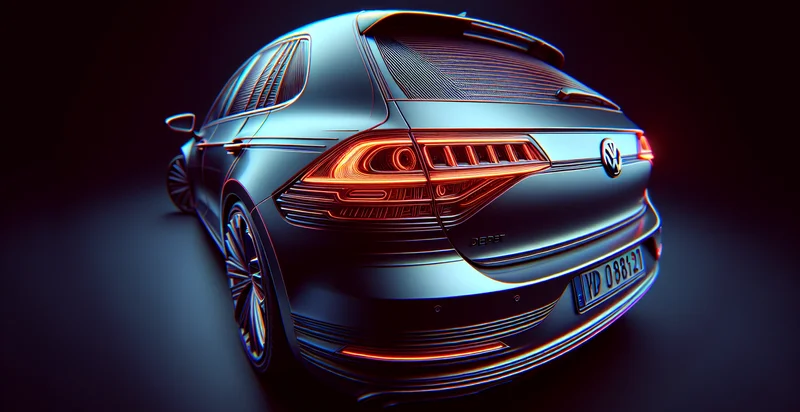Identify volkswagen group models
using AI
Below is a free classifier to identify volkswagen group models. Just upload your image, and our AI will predict if the model is a Volkswagen or not - in just seconds.

Contact us for API access
Or, use Nyckel to build highly-accurate custom classifiers in just minutes. No PhD required.
Get started
import nyckel
credentials = nyckel.Credentials("YOUR_CLIENT_ID", "YOUR_CLIENT_SECRET")
nyckel.invoke("volkswagen-group-models", "your_image_url", credentials)
fetch('https://www.nyckel.com/v1/functions/volkswagen-group-models/invoke', {
method: 'POST',
headers: {
'Authorization': 'Bearer ' + 'YOUR_BEARER_TOKEN',
'Content-Type': 'application/json',
},
body: JSON.stringify(
{"data": "your_image_url"}
)
})
.then(response => response.json())
.then(data => console.log(data));
curl -X POST \
-H "Content-Type: application/json" \
-H "Authorization: Bearer YOUR_BEARER_TOKEN" \
-d '{"data": "your_image_url"}' \
https://www.nyckel.com/v1/functions/volkswagen-group-models/invoke
How this classifier works
To start, upload your image. Our AI tool will then predict if the model is a Volkswagen or not.
This pretrained image model uses a Nyckel-created dataset and has 9 labels, including Audi, Bentley, Bugatti, Lamborghini, Porsche, Seat, Skoda, Volkswagen and Volkswagen Commercial Vehicles.
We'll also show a confidence score (the higher the number, the more confident the AI model is around if the model is a Volkswagen or not).
Whether you're just curious or building volkswagen group models detection into your application, we hope our classifier proves helpful.
Related Classifiers
Need to identify volkswagen group models at scale?
Get API or Zapier access to this classifier for free. It's perfect for:
- Automated Vehicle Identification: This function can be used in parking management systems to automatically identify and classify Volkswagen Group models as they enter and exit parking facilities. This helps streamline operations, enhance security, and improve customer experiences.
- Insurance Claim Processing: Insurance companies can leverage this image classification function to quickly assess and identify vehicle models involved in claims. By automating the identification process, insurers can reduce administrative time and deliver faster claim resolutions.
- Fleet Management Systems: Fleet operators can integrate the model identification function into their vehicle tracking systems to classify and manage their Volkswagen vehicles efficiently. This can lead to improved maintenance scheduling, tracking of vehicle usage, and better overall fleet performance.
- Market Research and Analysis: Automotive researchers and marketers can analyze Volkswagen Group vehicle models in the market using this classification function. By categorizing and identifying models in various environments, brands can better understand consumer preferences and adjust marketing strategies accordingly.
- Autonomous Driving Systems: In the development of autonomous vehicles, this classification function can enhance the perception capabilities of driving systems. By accurately identifying Volkswagen models on the road, autonomous systems can make better-informed maneuvering decisions in real-time traffic scenarios.
- E-commerce Platforms for Automotive Parts: Online retailers specializing in automotive parts can implement this image classification to ensure that customers find compatible products for their specific Volkswagen models. This reduces mismatches and enhances customer satisfaction by providing accurate product recommendations.
- Traffic Surveillance and Law Enforcement: Law enforcement agencies can use this technology within traffic monitoring systems to identify and classify Volkswagen vehicles involved in violations or suspicious activity. Efficient identification allows for quicker responses and enhances public safety management efforts.


